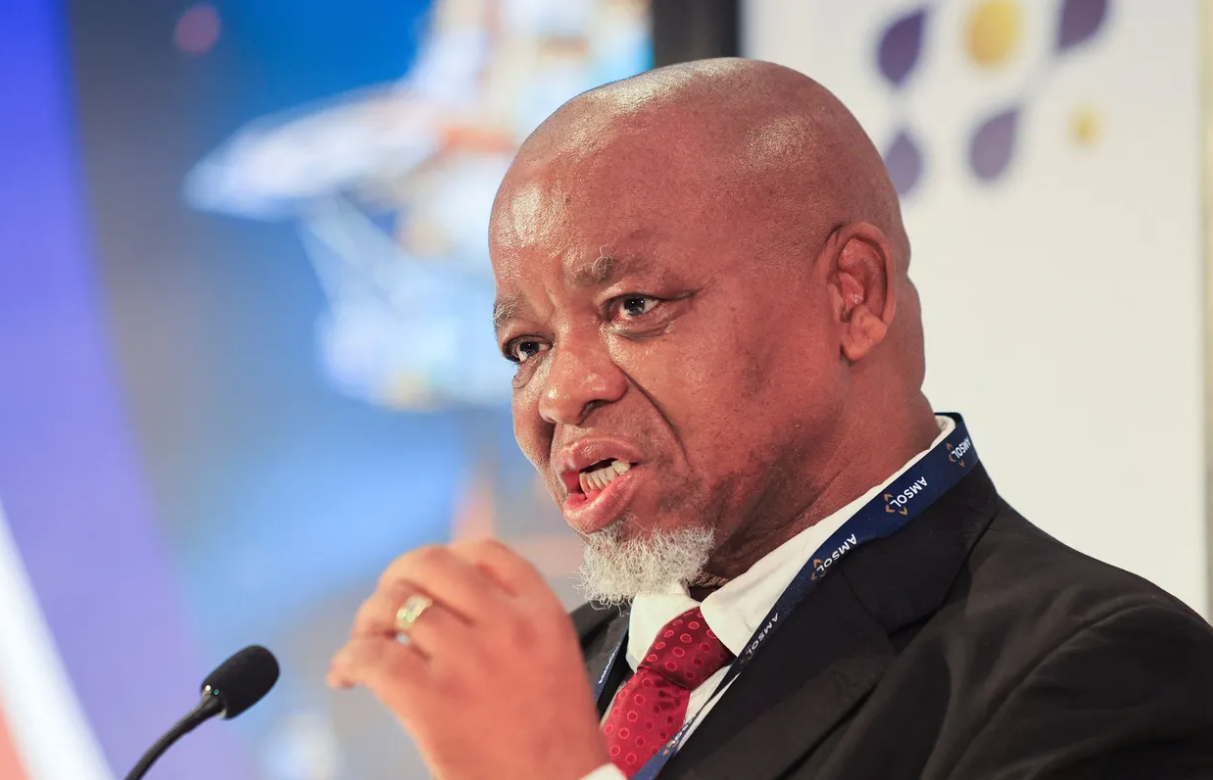South Africa’s Presidential Climate Finance Task Team has their work cut out for them: in a few weeks the team will have to thrash out and publish details of the US$8.5 billion just energy transition partnership ahead of COP27 in Sharm El-Sheikh, Egypt in November 2022.
According to the Presidential Climate Commission’s First Annual Review report, the Commission, chaired by President Cyril Ramaphosa believes “South Africa has made major strides in the fight against climate change, and in advancing the nation’s development and economic competitiveness”.
The President further noted: “For the first time, our climate targets are compatible with limiting warming to 1.5°C—a goal that all countries agreed to as part of the Paris Agreement to combat climate change. Our Climate Change Bill, which is currently being considered by Parliament, will provide the necessary legal basis for us to meet our ambitious climate commitments. Our newly adopted National Climate Change Adaptation Strategy provides a framework to improve our resilience to extreme weather events. Indeed, advancing our nation’s development and building climate resilience are two sides of the same coin”.
At the 26th United Nations climate change conference in Glasgow in November 2021, South Africa struck a historic US$8.5 billion deal with the European Union, France, Germany, the United Kingdom and the United States. The partnership is expected to support initiatives related to a just and sustainable energy transition, ensuring energy security and access while also cutting emissions from fossil fuels.
Commission Deputy Chair Valli Moosa states that the “ambitious climate target also played a catalytic role in securing the US$8.5 billion just energy transition partnership at COP26 in Glasgow – a partnership that will help accelerate the deployment of renewable energy, green hydrogen and electric vehicles, while transitioning away from coal”.
A series of public consultations have since taken place in various provinces with a range of stakeholders representing government, private sector, civil society, academia, youth, traditional leadership and labour groups to build consensus around South Africa’s updated nationally determined contribution (NDC). The NDC is a document that is submitted to the United Nations Framework Convention on Climate Change as part of South Africa’s international commitment to addressing climate change. The NDC sets out the targets, policies and actions that South Africa will undertake through 2030 in the transition towards a low-emissions and climate-resilient economy
Earlier this month (September 2022) the Presidential Climate Commission (PCC) convened its third quarterly meeting on 2 September 2022, chaired by The Deputy Chair Valli Moosa, where stakeholders took the Commission through their programmes aligned with the Just Transition Framework.
At that meeting Dr Chantal Naidoo, representing the Presidential Climate Finance Task Team (PCFTT), updated the PCC on progress towards finalising the $8.5 billion Just Energy Transition Partnership Investment Plan (JETP-IP).The session recommended a further meeting where Dr Naidoo would table “specifics on the deal structure, conditionalities, the new money coming in, consideration of social justice issues, the long-term sustainability of projects that will be initiated through the deal, and consideration of how the initial investment will be used to attract additional investments”, according to a statement issues after the meeting.
The President established the Presidential Climate Commission to support a just transition to a low-carbon, inclusive, sustainable, and resilient economy and society. Government, business, labour, academia, youth, traditional leadership, and civil society are all represented on the Commission.


